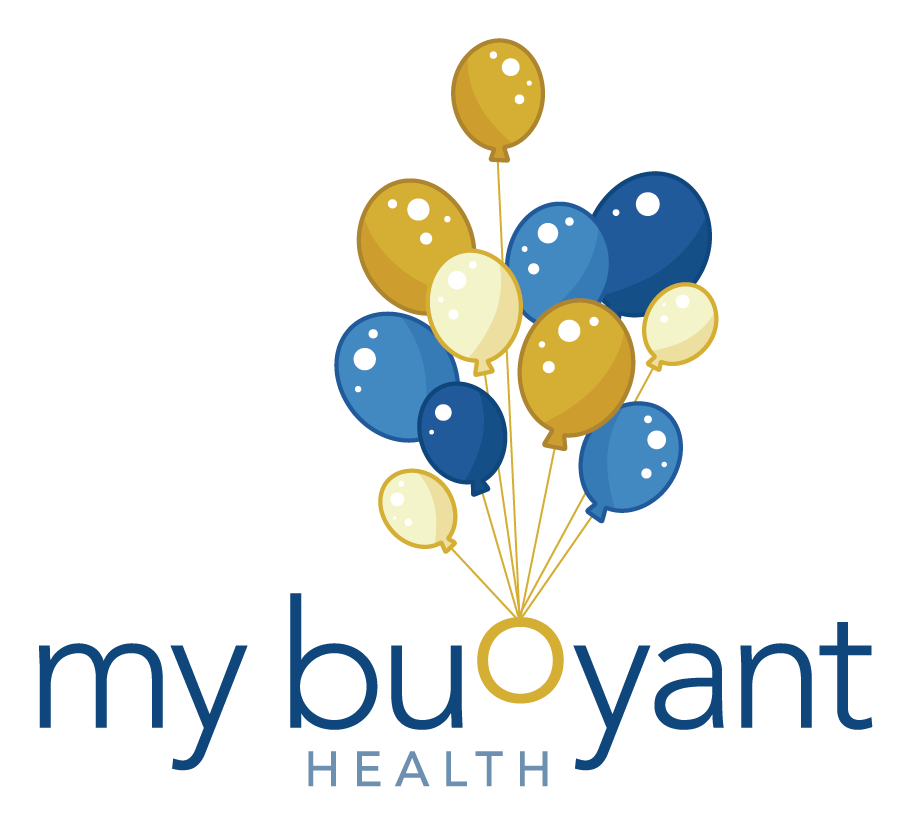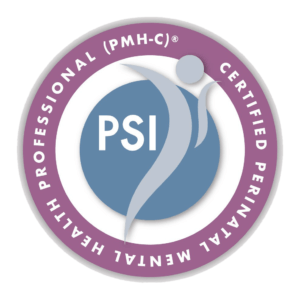PTSD
Post-Traumatic Stress Disorder (PTSD) is a mental health condition that can develop in response to exposure to traumatic events or experiences. Trauma can result from various situations, including combat, sexual assault, accidents, natural disasters, or witnessing a traumatic incident.
The onset of PTSD typically occurs shortly after the traumatic event but can also manifest weeks, months, or even years later. The disorder can affect anyone, regardless of age, gender, or background, and can profoundly impact a person's mental and emotional well-being.
Signs and Symptoms
While the specific symptoms of PTSD vary from person to person, they generally fall into four main categories: intrusion, avoidance, negative changes in mood and thoughts, and heightened arousal and reactivity. These symptoms can disrupt daily life, relationships, and overall functioning.
These involve intrusive, distressing thoughts, memories, or flashbacks related to the traumatic event. Individuals with PTSD may experience vivid nightmares, emotional distress, or physical reactions when reminded of the trauma.
People with PTSD often make deliberate efforts to avoid reminders of the traumatic incident, such as places, people, conversations, or activities associated with the trauma. This avoidance can lead to social withdrawal and emotional numbness.
PTSD can cause persistent negative beliefs about oneself or others, guilt or shame, distorted self-blame, and diminished interest in previously enjoyed activities. Individuals may struggle with memory problems and difficulty concentrating.
These symptoms include heightened irritability, anger, difficulty sleeping, exaggerated startle response, and hypervigilance. Individuals may constantly feel on edge, making it challenging to relax or concentrate.
It is important to note that the severity and combination of these symptoms can vary widely from person to person. Symptoms of PTSD can significantly disrupt daily life, relationships, and work.
PTSD is not a sign of weakness, and seeking help is a crucial step toward recovery. Effective treatments, such as psychotherapy and medications, can help individuals manage their symptoms, improve their quality of life, and work toward healing and recovery.
Treatment
Cognitive-behavioral therapy (CBT) is a commonly used approach in treating PTSD. It helps individuals understand and change negative thought patterns and behaviors related to PTSD. Exposure therapy, a type of CBT, involves gradually facing and processing traumatic memories.
Antidepressants, particularly selective serotonin reuptake inhibitors (SSRIs), may be prescribed to manage symptoms like depression and anxiety. These medications can help improve mood and reduce distress.
Mindfulness and relaxation techniques, including meditation, deep breathing, progressive muscle relaxation, yoga, and guided imagery, offer valuable tools for individuals with PTSD. These practices promote emotional regulation, reduce anxiety, and enhance overall well-being by fostering present-moment awareness and physical relaxation.
Treatment plans are personalized to the individual’s needs and may evolve over time. Seeking professional help is essential for managing PTSD, as early intervention and appropriate care can lead to improved symptom management and a better quality of life.
PTSD Treatment in Phoenix, AZ
If you or a loved one is seeking support for PTSD, please don't hesitate to reach out to My Buoyant Health. If you are an established patient and wish to contact us directly, you can do so via your patient portal, or you may message us through the Healow app. You can also request an appointment or call us at (602) 510-6582 to start taking control of your life from PTSD.





